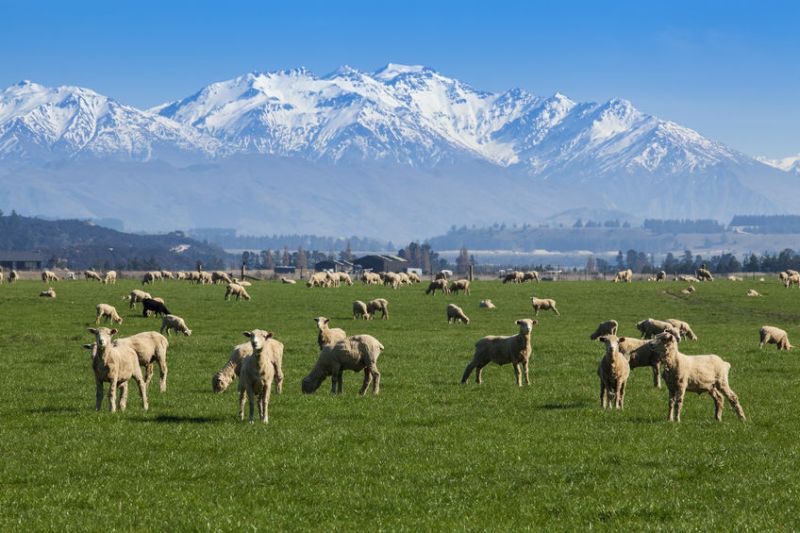
Sheep farmers have told the New Zealand Government to take account of the interests of the UK sheep industry and that they are “realistic” in their asks in any future trade deal.
The National Sheep Association (NSA) has responded to a New Zealand Government consultation on building a free trade deal with the UK after Brexit.
The UK and New Zealand are both countries with highly significant sheep industries.
With sheepmeat being of equal scale in both countries yet trade being an entirely one way process, the NSA has appealed for “mutual respect” for UK sheep farmers adjusting to Brexit.
Post-Brexit trade negotiations will be taking place at a time when the sheep industry is likely to be going through significant change.
The NSA said the industry will be both “vulnerable” and “opposed” to any further trade pressure.
NSA Chief Executive, Phil Stocker said: “Any new UK/NZ trade deal will cover all products, industries and services and it is crucial to recognise that for sheepmeat it is an entirely one way trade.
“We may be relatively equivalent in terms of flock size and productivity but what is not equivalent at all is the market place with the UK having a human population of some 66 million compared to New Zealand’s 4.8 million.
“For sheep farming there is much to be gained by New Zealand in striking a free trade deal with the UK post Brexit, and much to be lost by UK sheep farmers.”
Mr Stocker added: “Our own sheep industry will already be struggling if Brexit does not go smoothly, as seems apparent today, and if New Zealand is given the go ahead to import a higher quantity of lamb than comes in now it will risk either pressure on prices or the UK having to chase equivalent export markets elsewhere.
“I would be highly uncomfortable with the UK having higher environmental and welfare standards and building niche markets elsewhere in the world, and in the meantime feeding our own people on lower standard and cheaper products from overseas. That is not the way to engage our own citizens with sustainable food production and land management,” he said.
The NSA has submitted a response to the New Zealand department of international trade to ask for this consideration to be made by New Zealand during this process.
